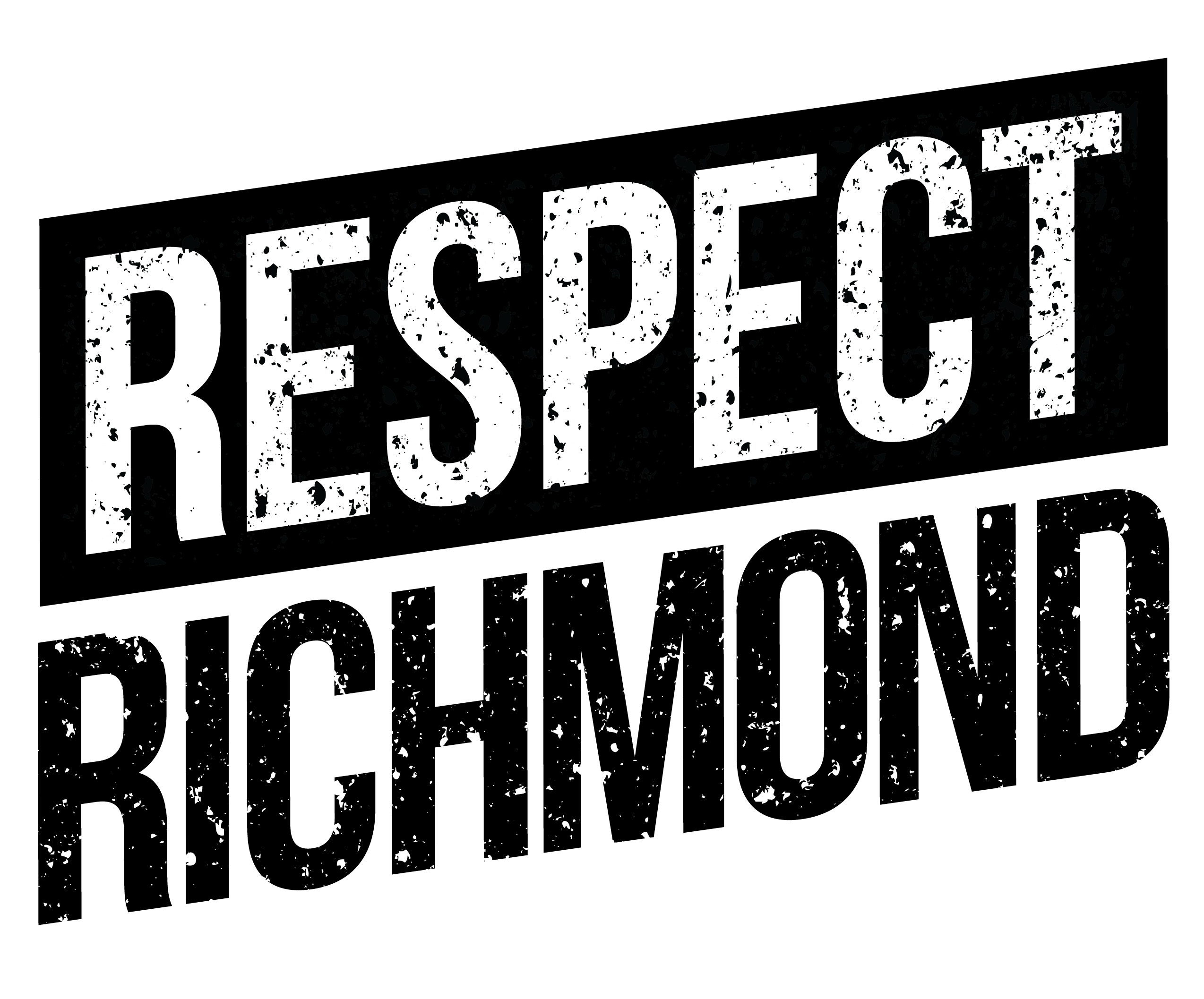Generally speaking, a gang is a group of three or typically more people who may or may not claim control over a certain territory in its community and engage, either individually or collectively, in illegal activities.
There are many types of gangs throughout the United States, but street gangs are the most common type of gang in Richmond.
